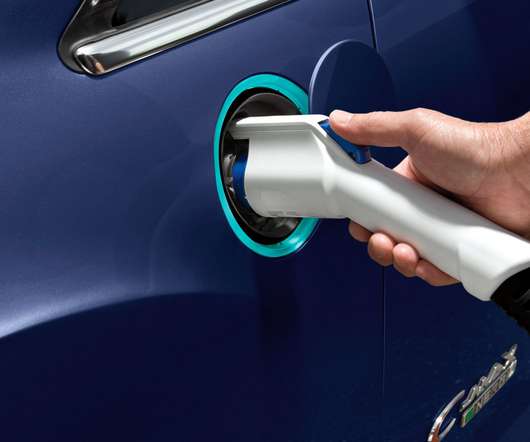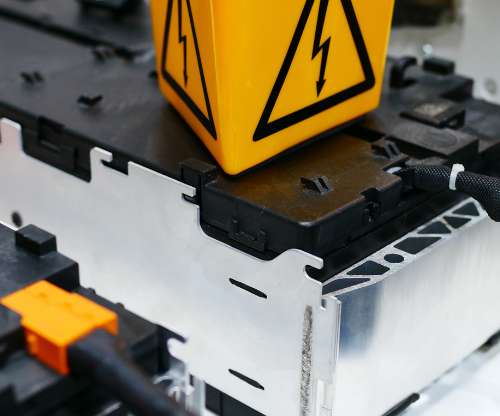Tech: How do Hybrid & Plug-in Hybrid Batteries Recharge? Do I Need to Plug a Hybrid In?
Clean Fleet Report
JANUARY 24, 2023
When hybrids appeared most used nickel-metal-hydride batteries This question was such a big roadblock for increasing sales that Toyota began an advertising campaign for the Prius that clearly emphasized that plugging in was not necessary. This is accomplished by using a much larger, more powerful lithium-ion battery pack.




























Let's personalize your content